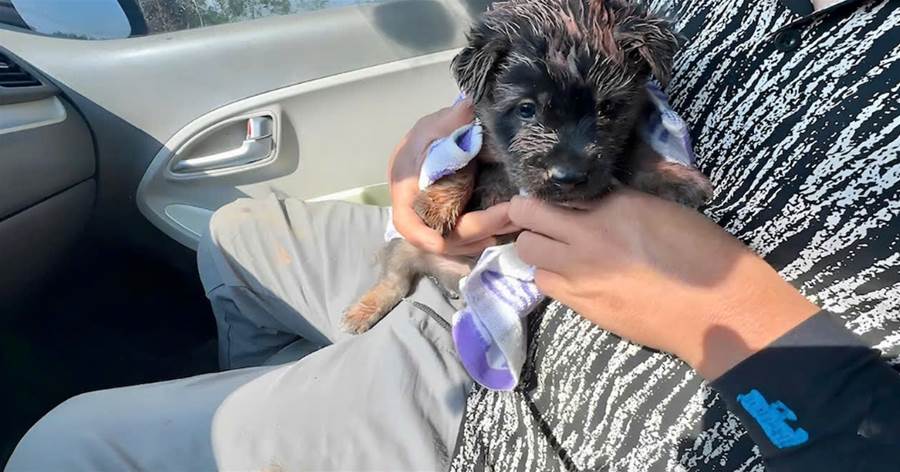

In the quiet suburbs of Columbus, Ohio, a routine workday for refuse operator David Carlson took an unexpected turn. As he approached a dumpster at a local apartment complex, a faint whimper caught his attention. Peering inside, he was met with a heartbreaking sight: a young puppy, buried beneath heaps of trash, struggling to free itself. The pup's eyes, filled with fear and confusion, silently pleaded for help.
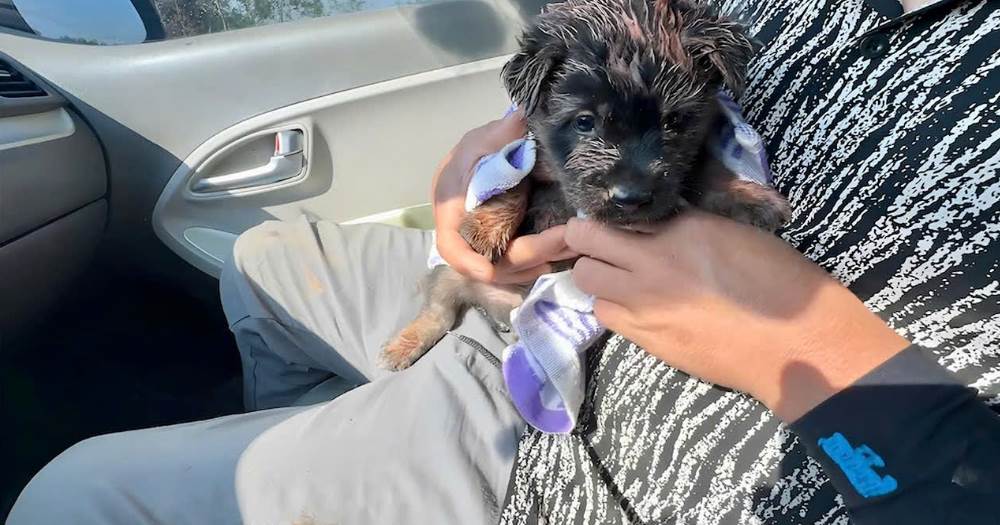
Without hesitation, Carlson contacted his supervisor, Logan Sieg, who promptly arrived at the scene. Demonstrating commendable compassion, Sieg climbed into the dumpster, carefully extracting the trembling puppy. The two men provided the pup with water and the only food they had on hand—peanut butter crackers—offering the first glimmer of hope to the abandoned animal.
The puppy, later named Riley, was taken to the Franklin County Dog Shelter, where he received immediate medical attention.
Despite the trauma endured, Riley's resilience shone through. His story quickly spread, capturing the hearts of many. Among them was Brandon Dawson and his wife, who, upon meeting Riley, felt an instant connection.
The article is not finished. Click on the next page to continue.
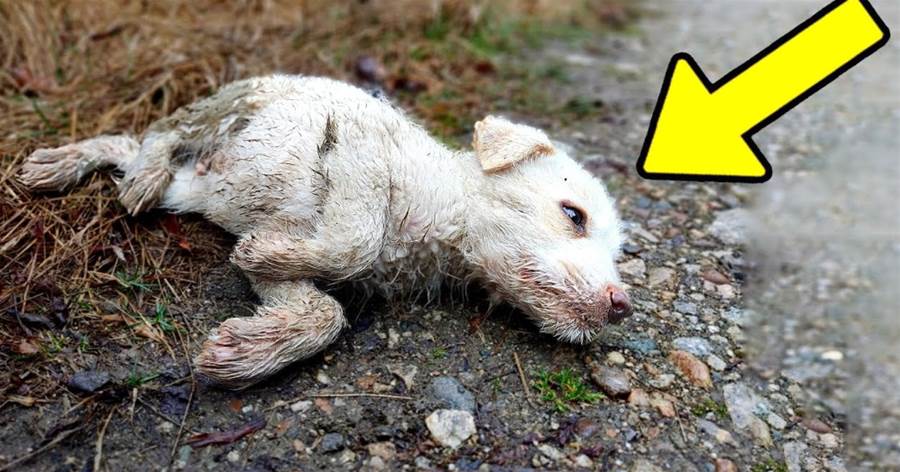
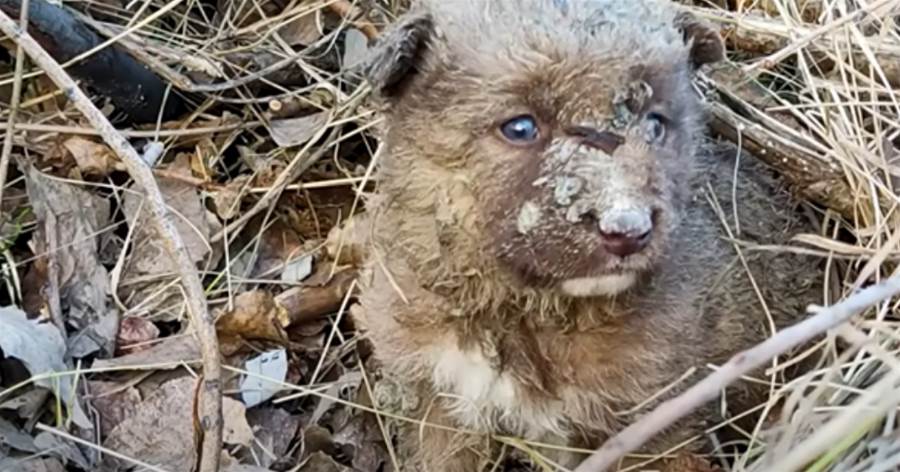
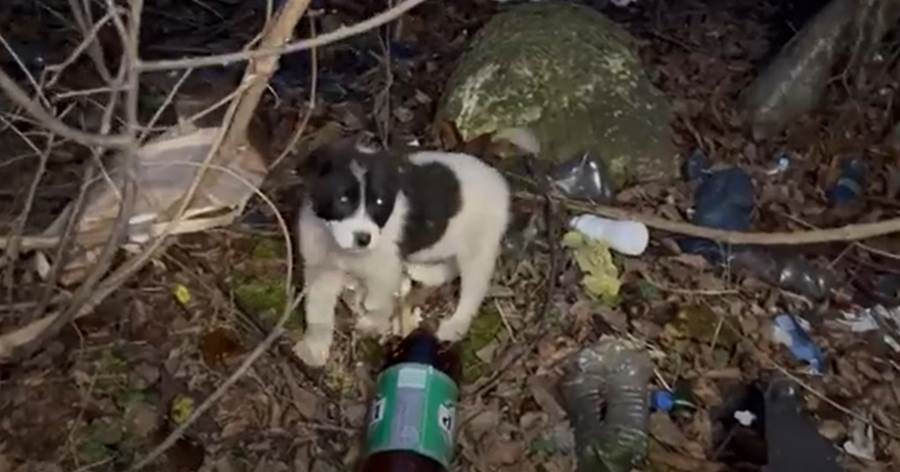
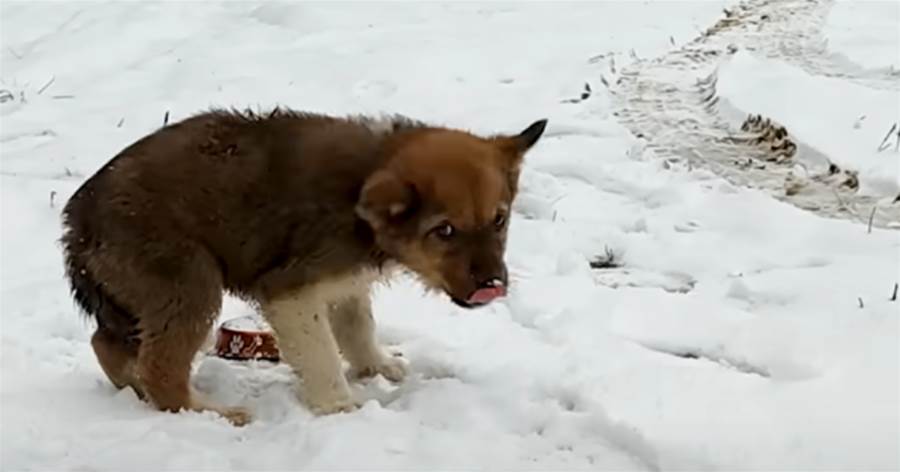
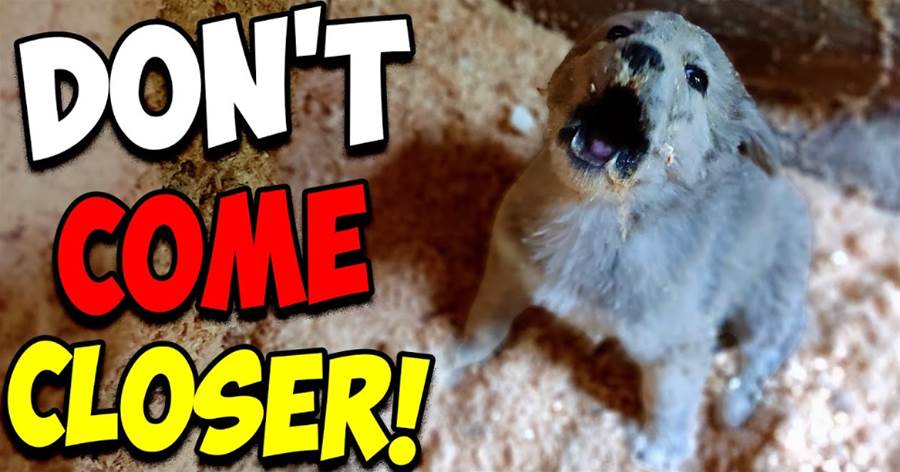
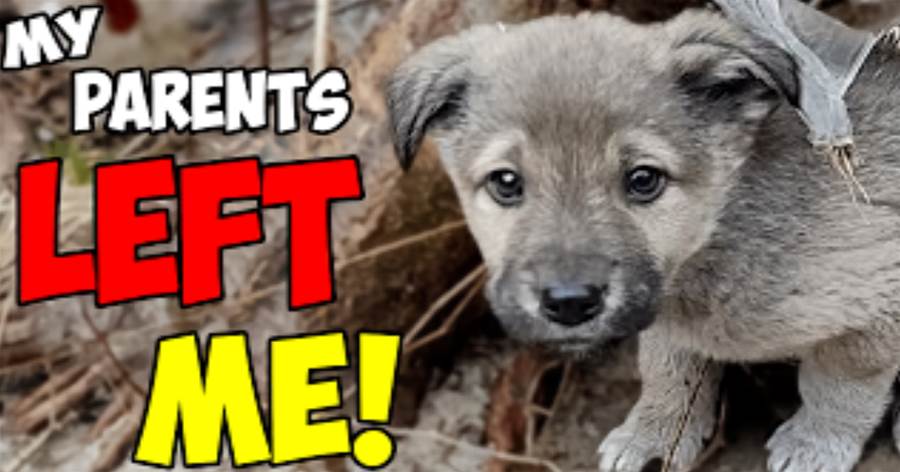
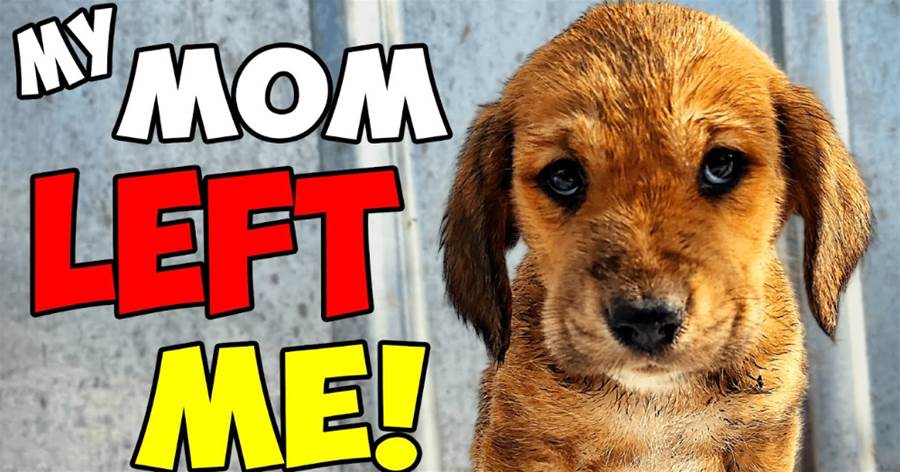
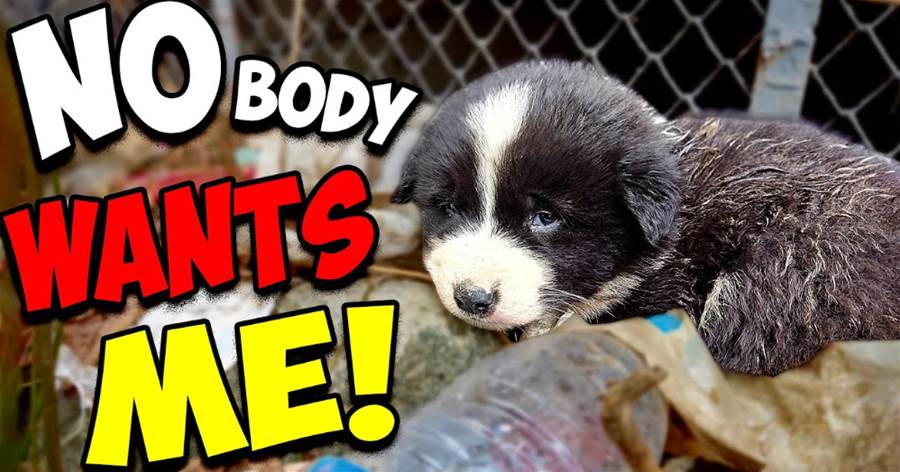

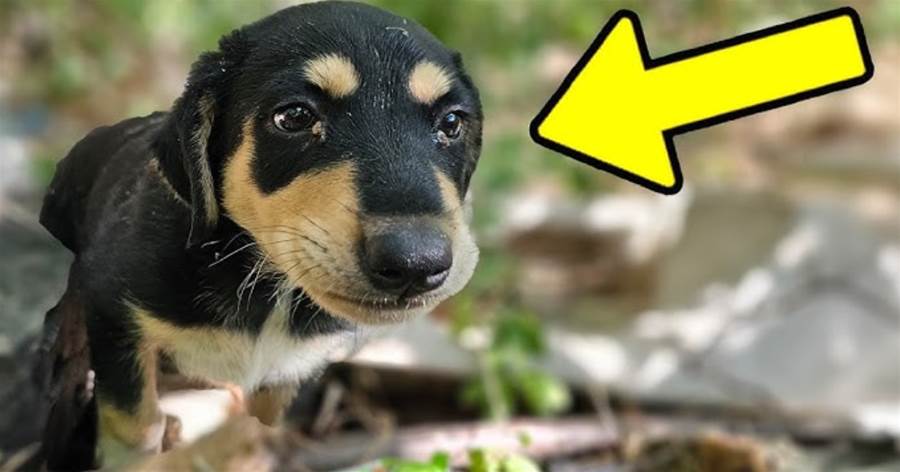
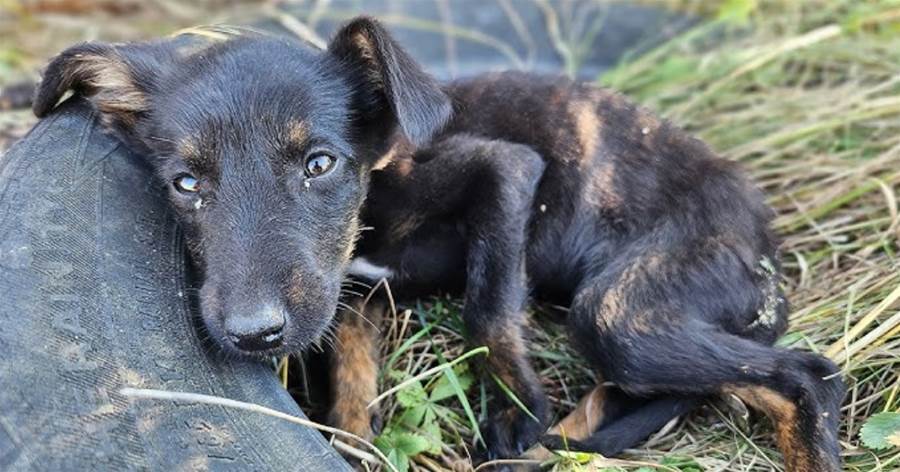
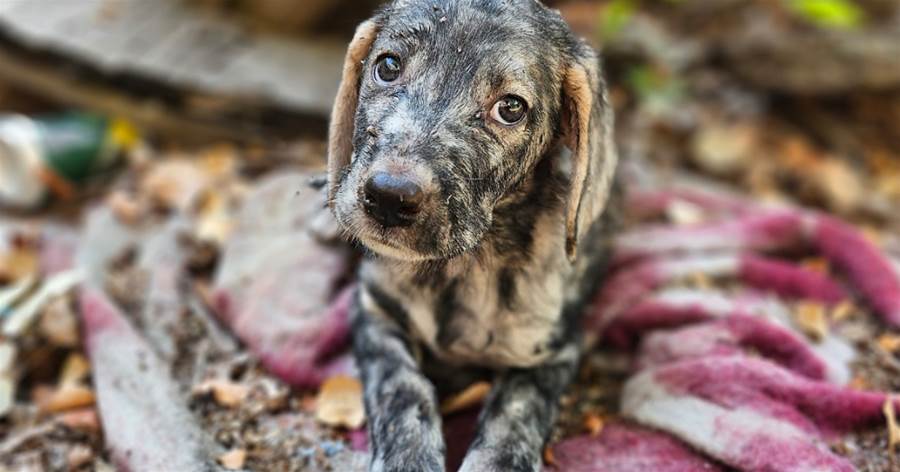
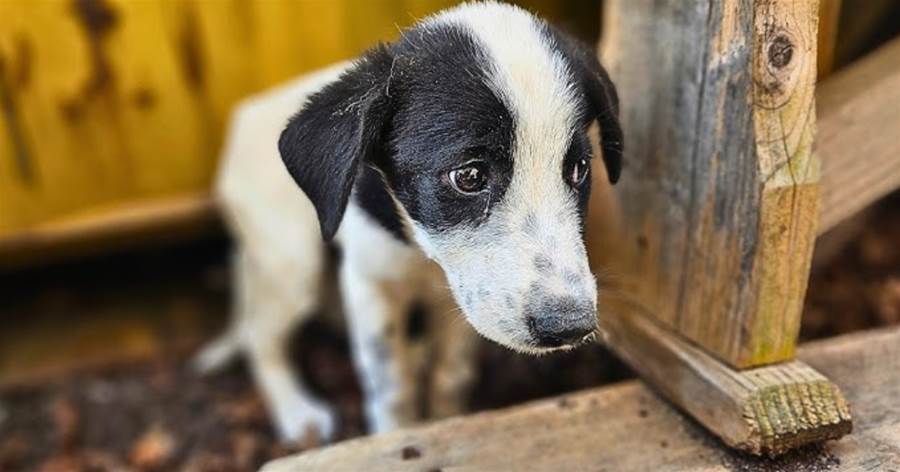
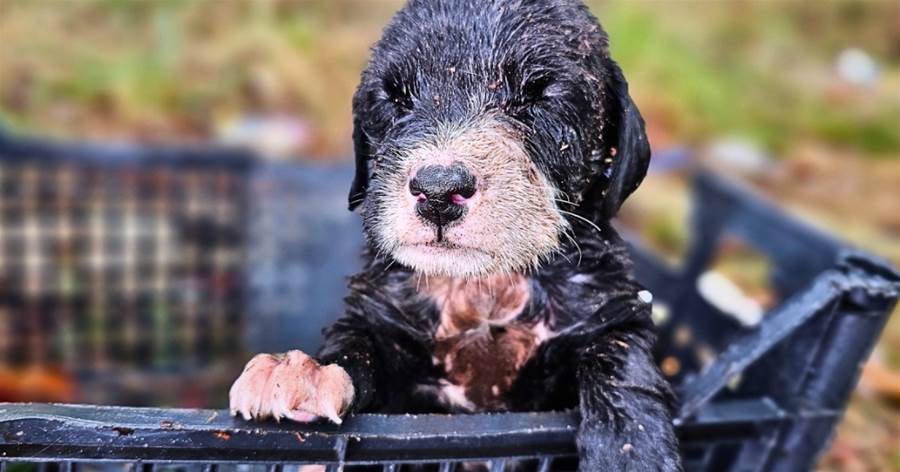
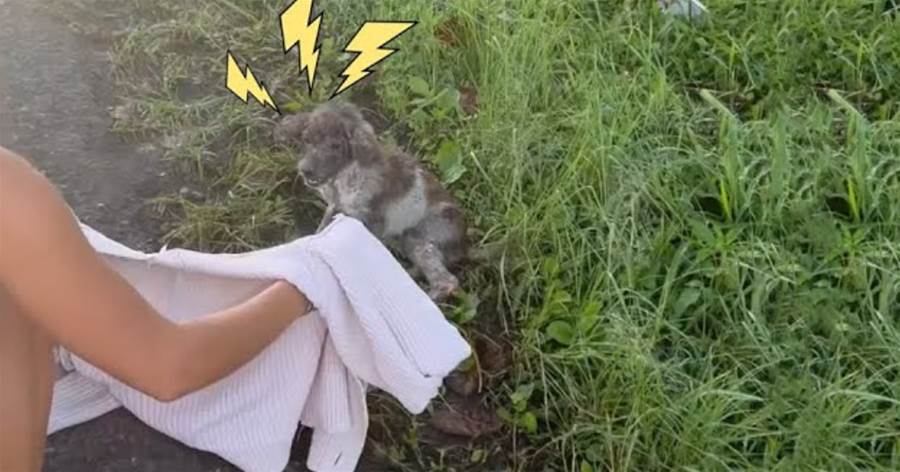
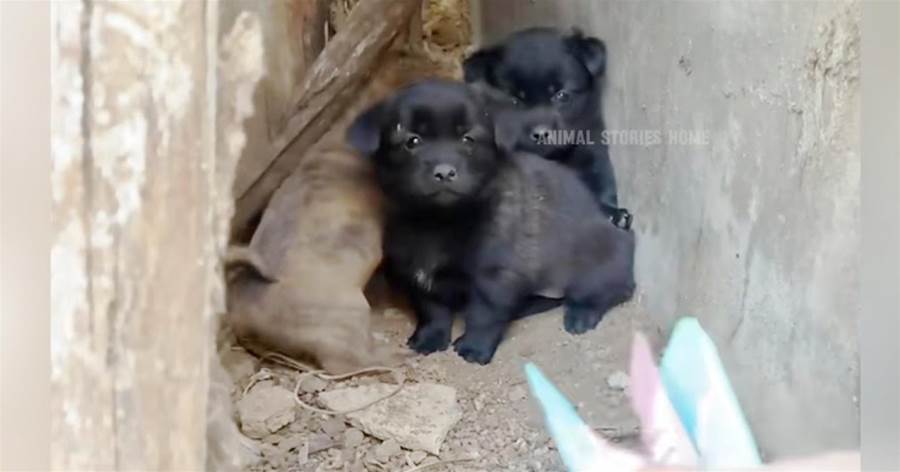
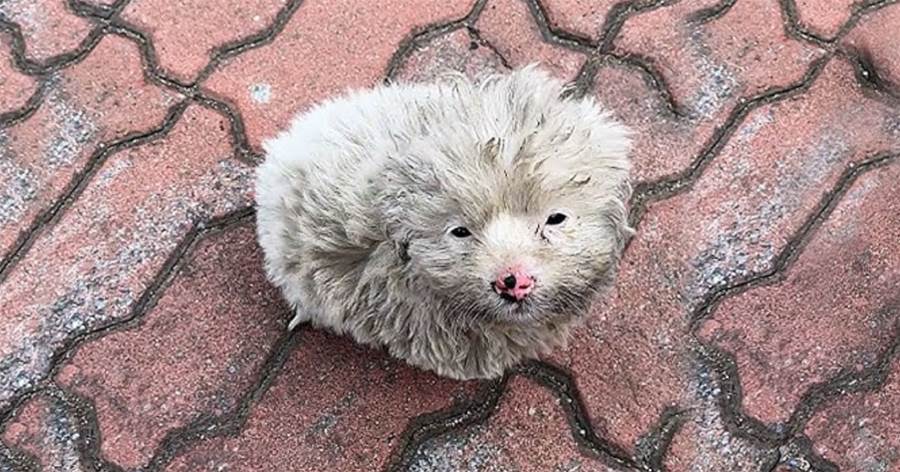
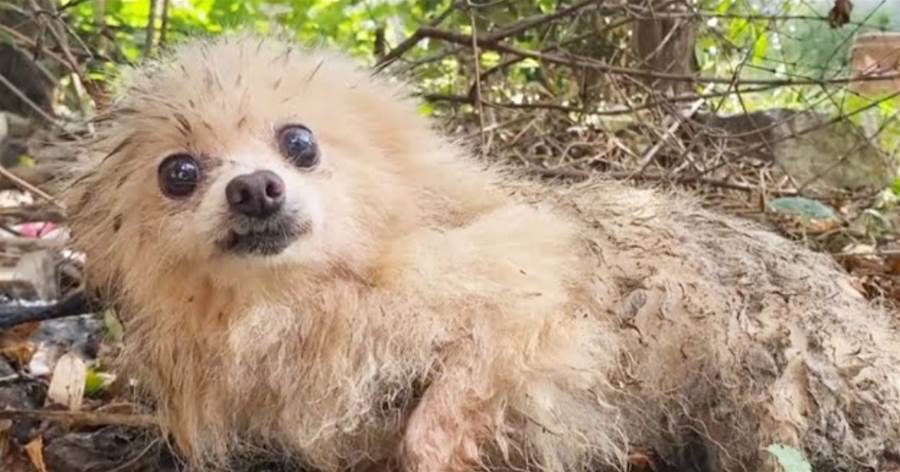

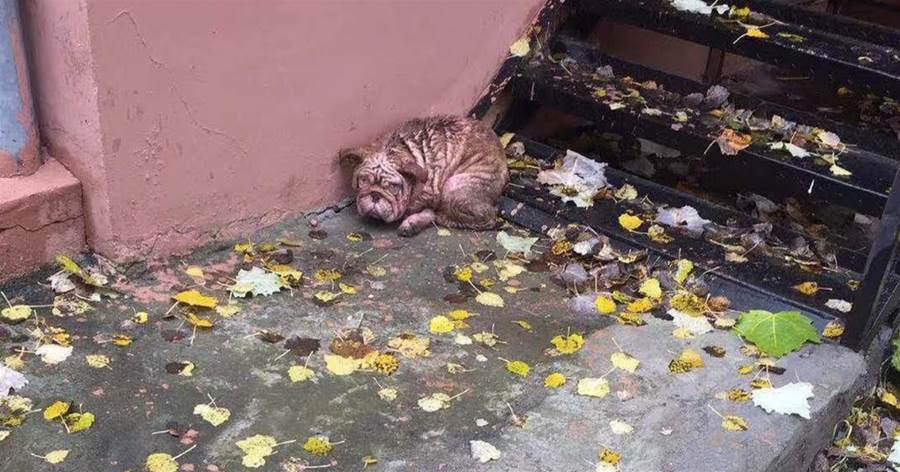
代表者: 土屋千冬
郵便番号:114-0001
住所:東京都北区東十条3丁目16番4号
資本金:2,000,000円
設立日:2023年03月07日
